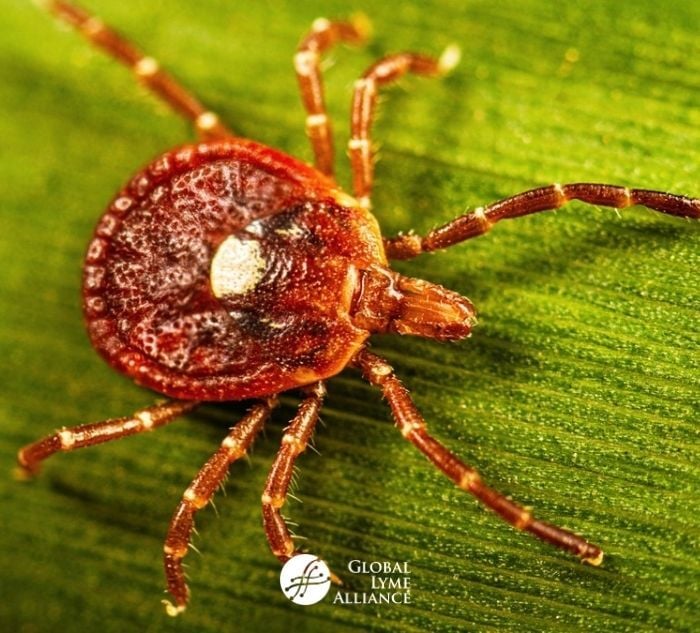
Tufts University, with support from GLA, is leading research to uncover epigenetic mechanisms behind chronic Lyme disease. Dr. Tanja Petnicki-Ocwieja's work could improve treatments and reveal commonalities with other post-infectious syndromes like long COVID.
By Mase Peterson
In the fight against Lyme disease, cutting-edge research is essential for advancing treatment and prevention strategies. Tanja Petnicki-Ocwieja, PhD, a research assistant professor at Tufts University School of Medicine, is a key contributor to this effort through her work with the Tufts Lyme Disease Initiative. This collaborative group of faculty, staff, and students is dedicated to eliminating the public health threat of Lyme disease by 2030.
Tufts is home to one of the world’s most comprehensive groups of tick-borne disease researchers. Led by co-directors Linden Hu, Paul and Elaine Chervinsky Professor of Immunology, and Robert P. Smith, a physician at Maine Medical Center and professor of medicine, the team recently secured a $20.7 million federal grant, further solidifying Tufts’ position as a global leader in Lyme disease research.
In this Q&A, part of a feature series spotlighting members of the Initiative, Professor Petnicki-Ocwieja discusses her research on the immunological and epigenetic mechanisms underlying chronic Lyme disease and its potential to transform patient outcomes...
Read the rest from Tufts School of Medicine
***








-2.jpg)